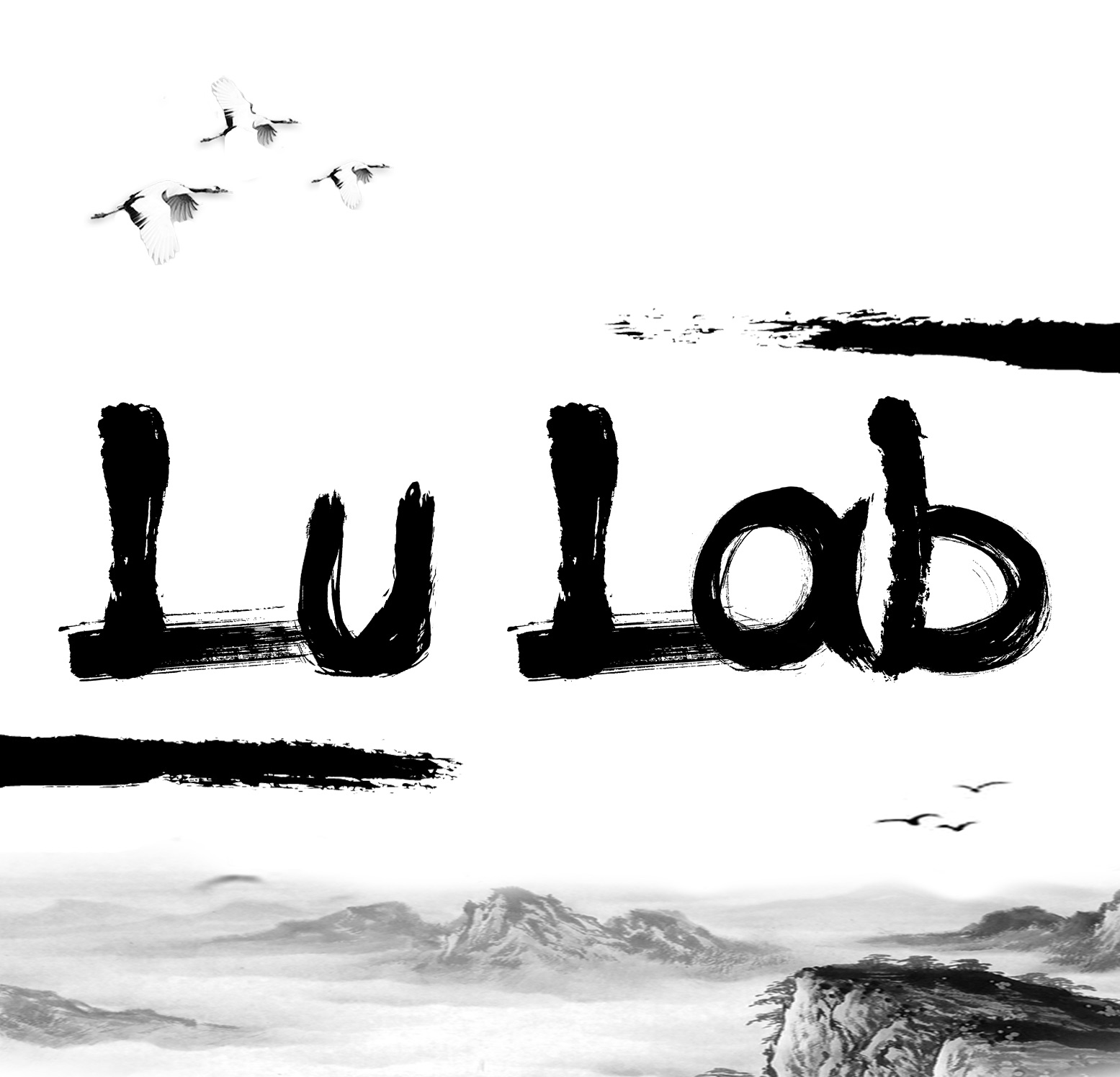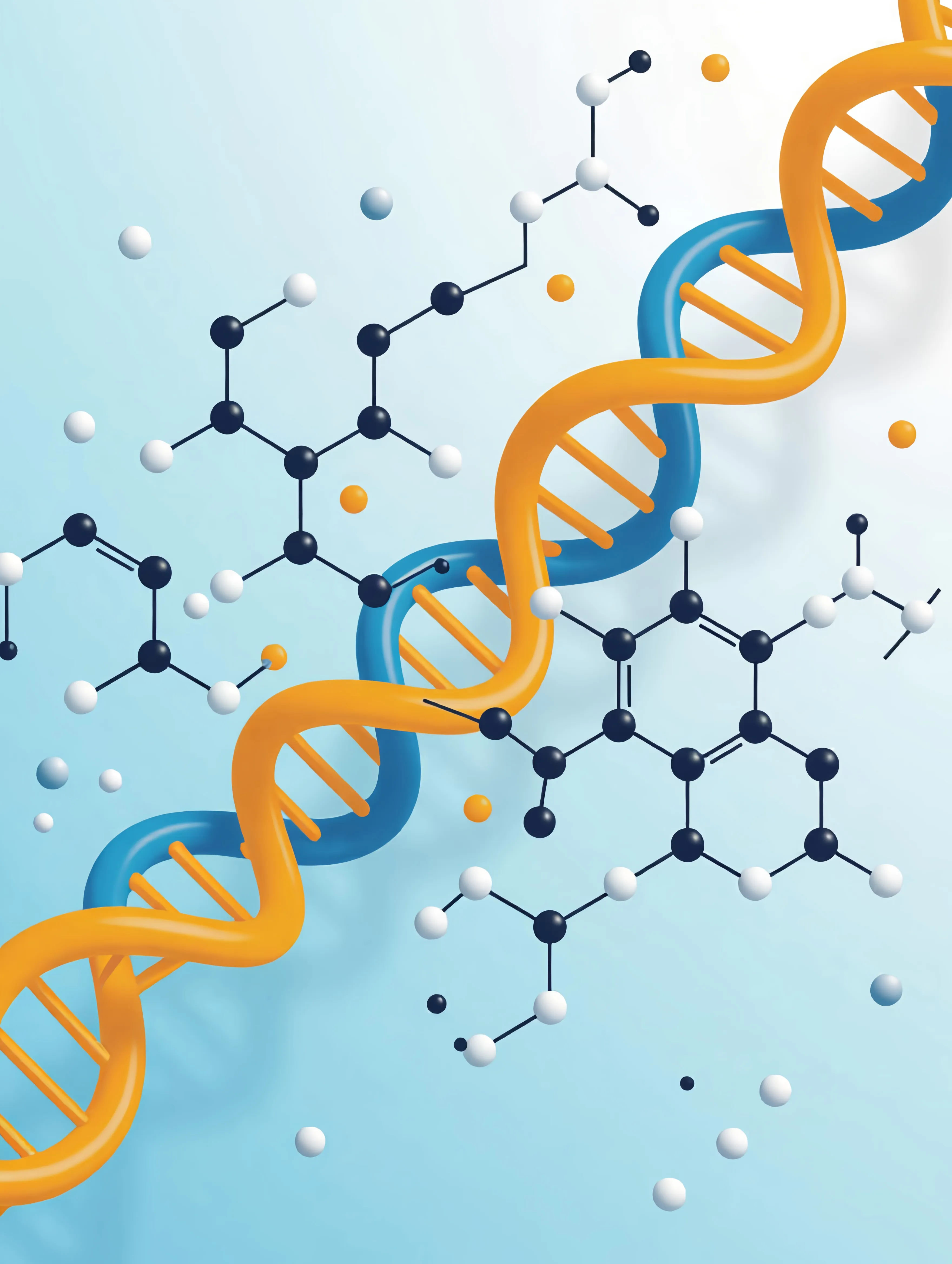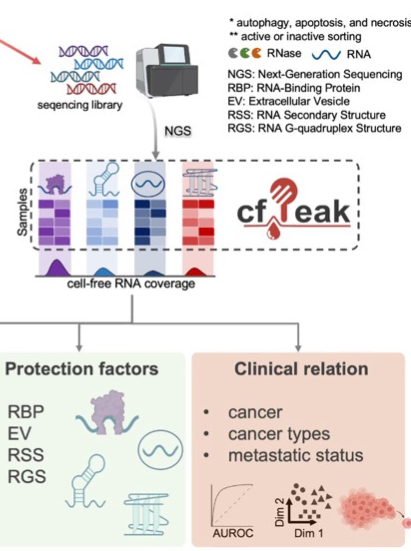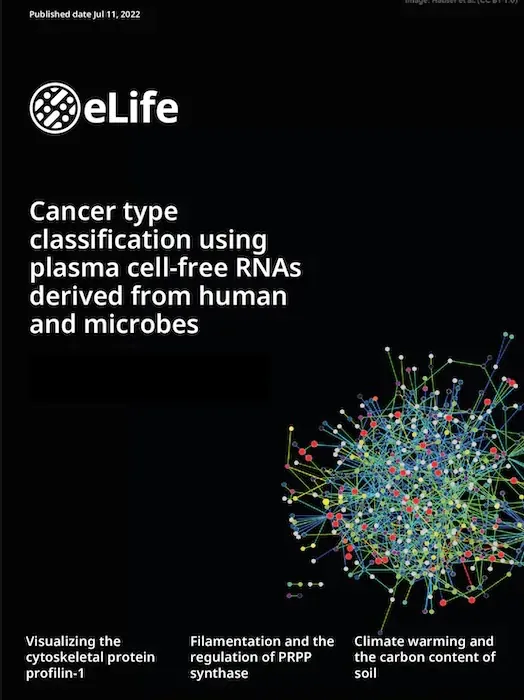What we do
Our group is devoted to developing bioinformatics technologies, and practicing evidence-based precision medicine for diseases like cancer and immune-mediated diseases.
We utilize AI technologies and noncoding RNA (ncRNA) centered multi-omics data,
to understand how genetic information is encoded in the structured DNA and RNA sequences,
and how they interact and regulate each other in a biological system.
Ultimately, this will help us understand and cure human diseases, know and improve ourselves.
我们致力于发展生物信息学技术,并探索其在癌症、自身免疫等复杂疾病的精准诊疗上的具体实践。我们利用最新的人工智能技术,结合非编码RNA(ncRNA)为核心的多组学数据,来研究遗传信息是如何被编码在结构化的DNA和RNA分子之中,以及它们是如何在一个生命体系中相互作用、彼此调控。
“上工治未病”,我们的一个重要使命,是帮助人们更早期的发现和治疗疾病。 我们相信,这种使命感以及为此付出的实践和努力,将帮助我们理解和治疗人类疾病,并最终认识和提高我们自己。
We have two major research directions based on noncoding RNA (ncRNA):
1. Bioinfo-driven Precision Medicine; 2. AI-driven RNA Modeling & Drug Design
实验室围绕着非编码RNA(ncRNA)主要有两个研究方向:
1)生信驱动的精准医疗; 2)AI驱动的核酸模型和药物设计。
Research Projects
BIO
- Precision Medicine
- * Cell-free RNA as disease biomarker
- * Noncoding RNA as immune regulator
- * Multi-modal data integration
INFO
- Artificial Intelligence
- * RNA interaction & regulation
- * RNA structure & enzyme design
- * Drug design targeting RNA
News


2025.06. RNAsmol
2025.05. cfPeak
2022.07. cfRNA
* 2025.5. Pengfei Bao, Taiwei Wang et al. published cfPeak paper in Genome Biology. Congratulations !
* 2024.8. Hongke Wang, Qing Zhan et al. published DETECTOR-seq paper in Clinical and Translational Medicine. Congratulations !
* 2023.11. Yuhuan Tao, Shaozhen Xing et al. published a cell-free Multi-Omics paper in Cell Reports Medicine. Congratulations !
* 2022.07. Shanwen Chen, Yunfan Jin et al. published a cell-free RNA paper in eLife. Congratulations !
Who we are

We are group of people dedicated to the research of bioinformatics.
We have been committed to bioinformatics research of noncoding RNA for years.
Group Members Join Us
"What sculpture is to a block of marble, education is to a human soul." - Joseph Addison
“The carving and chipping away to create a masterpiece take years of dedication.
Teachers help students discover their interests, passions, and ultimately themselves.”
Contact Us
MOE Key Lab of Bioinformatics教育部”生物信息学“重点实验室
Rm 2-110 Biotech. Building, School of Life Sciences
生命科学学院 生物技术馆
Tsinghua University, Beijing 100084, China
清华大学
Collaborate with us !